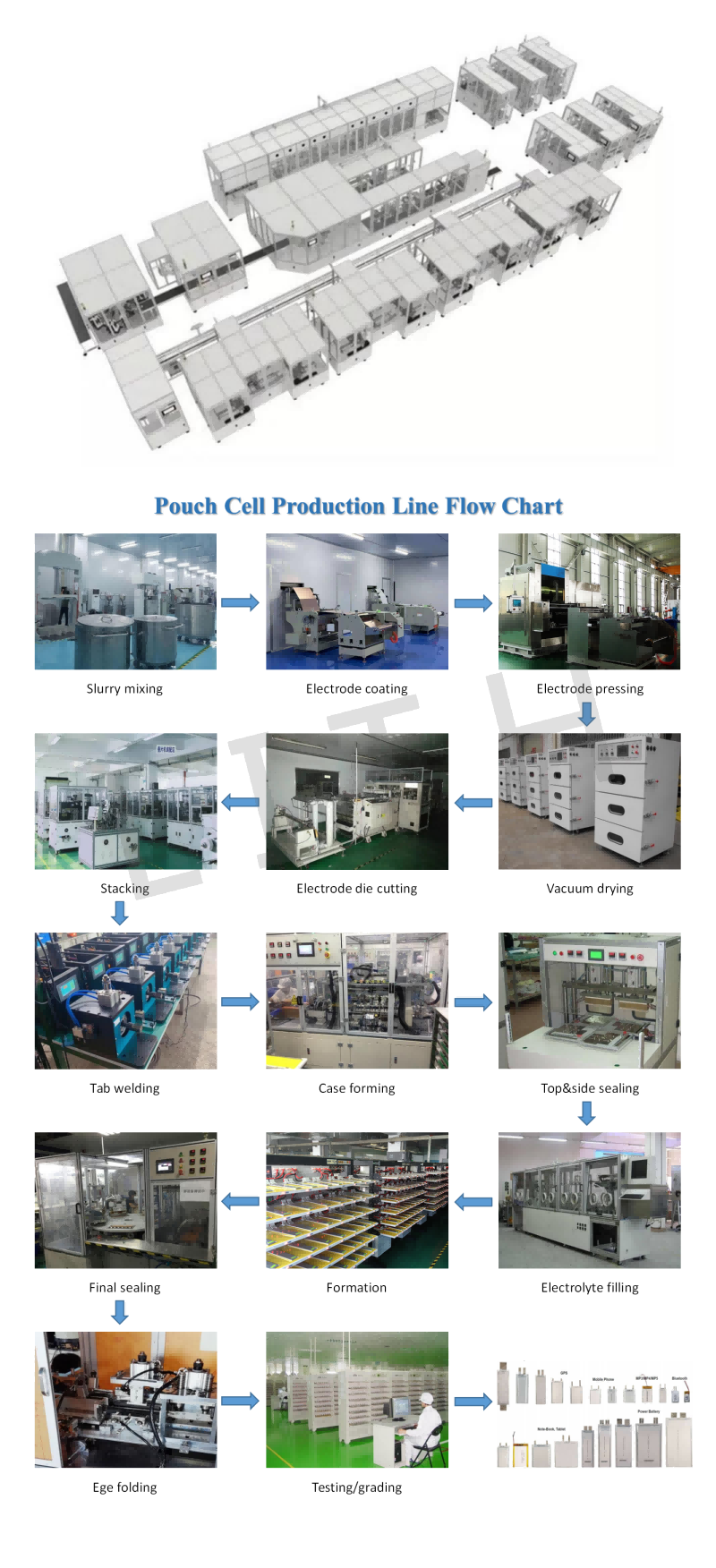An external short circuit tester is a specialized device or tool used to identify and locate external short circuits in electrical circuits and systems. Short circuits occur when there is an unintended connection or path between two conductors, resulting in a flow of electrical current that bypasses the intended circuitry. These short circuits can lead to electrical faults, equipment damage, or even fire hazards, making it essential to detect and rectify them promptly.
Battery analyser
Key features and functions of an external short circuit tester may include:
Non-Invasive Testing: External short circuit testers typically operate without physically disconnecting or disturbing the circuit under test. They allow for non-invasive testing, which is especially important in live or energized electrical systems.
Voltage and Current Measurement: The tester may measure voltage and current levels in the circuit to detect abnormalities or irregularities that suggest the presence of a short circuit.
Audible and Visual Alerts: When a short circuit is detected, the tester often provides audible and visual alerts, such as alarms, lights, or indicators, to notify the operator of the issue.
Localization: Advanced testers may include features to pinpoint the exact location of the short circuit within the circuit or system, helping technicians quickly identify and address the problem area.
Safety: Safety features, such as overload protection and insulation, are critical to ensure the tester can withstand the electrical stresses encountered during testing.
Compatibility: The tester should be compatible with a range of electrical systems, voltages, and circuit types, from low-voltage circuits in residential settings to high-voltage circuits in industrial environments.
Ease of Use: A user-friendly interface and straightforward operation are essential to ensure that technicians can efficiently and accurately use the tester.battery charge machine
Applications of external short circuit testers include:
Electrical Maintenance: Technicians and electricians use these testers to diagnose electrical problems and perform routine maintenance checks in various settings, including residential, commercial, and industrial facilities.
Fault Finding: When an electrical system experiences an unexpected failure or malfunction, an external short circuit tester helps locate and identify the root cause.
Preventive Maintenance: Routine testing using these testers can help prevent costly downtime and equipment damage by identifying and addressing potential short circuits before they cause serious issues.
Safety Inspections: Safety inspections in industrial and commercial environments may include testing for external short circuits to ensure compliance with safety regulations and standards.
Troubleshooting: During troubleshooting processes, technicians rely on external short circuit testers to quickly isolate problems and minimize downtime.
Overall, external short circuit testers are valuable tools in the field of electrical maintenance and safety. They assist in maintaining the integrity of electrical systems, preventing accidents, and ensuring the reliable operation of equipment and machinery.





 Online service
Online service +86 13174506016
+86 13174506016
